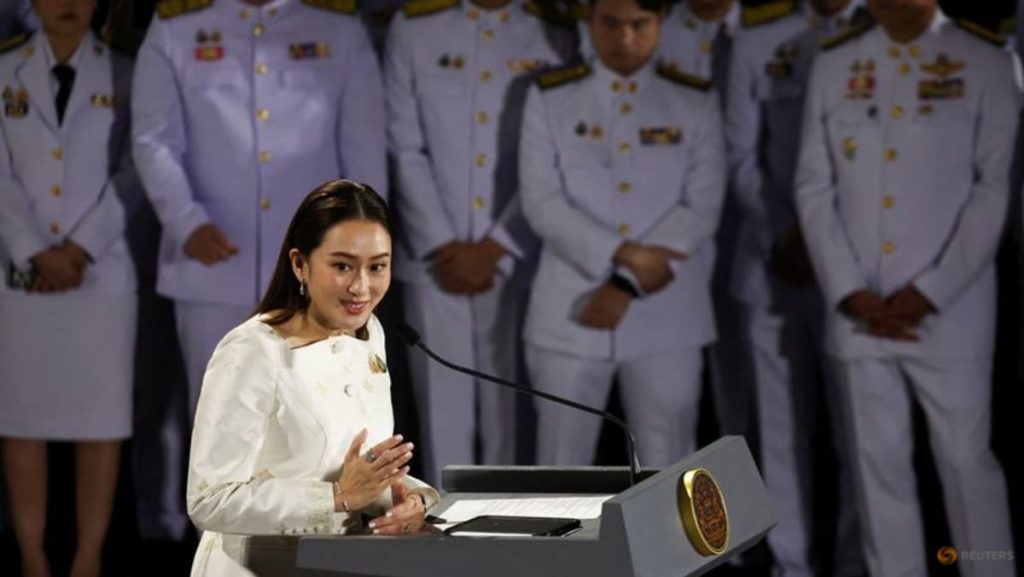Prawit was involved in the ousting of former Prime Minister Yingluck Shinawatra in 2014, leading to five years of direct military rule in Thailand. The 79-year-old is now under investigation for slapping a female journalist while she attempted to ask him questions. Embracing the PPRP was considered a risky move due to the party’s close connections to high-ranking military officials who have a history of opposing Thaksin and his supporters, shaping Thai politics for over two decades.
For years, Thai politics has been a battleground between Thaksin and the conservative, pro-military, pro-royalist elite. Parties associated with Thaksin, a former telecommunications tycoon and owner of Manchester City, have won elections only to face coups and legal actions that have led to the downfall of their governments. Thaksin himself was ousted by a military coup in 2006, mirroring the fate of his sister Yingluck in 2014.
The political turmoil in Thailand continued in August, as the Constitutional Court dissolved the main opposition Move Forward Party and removed Prime Minister Srettha Thavisin from office within a week. Srettha’s removal opened the door for Paetongtarn to become the new prime minister, but she faces significant challenges. The Thai economy is struggling to recover from the impacts of the COVID-19 pandemic, and seasonal floods are threatening many provinces across the country.
The power struggle between Thaksin’s allies and the conservative elite has shaped the political landscape in Thailand for years. Prawit’s involvement in the 2014 coup and the recent incident with the journalist reflect the ongoing tensions and conflicts within the country’s political arena. The decision to align with the PPRP, despite its ties to the military establishment, highlights the complexities and risks involved in navigating Thai politics.
The dissolution of the Move Forward Party and the removal of the prime minister demonstrate the volatility and unpredictability of Thai politics. Paetongtarn’s rise to power comes at a challenging time for the country, with economic recovery and natural disasters posing significant obstacles. The ongoing struggle between competing factions within Thai society will continue to shape the country’s political future, with the potential for further unrest and instability in the months and years ahead.
Overall, the political situation in Thailand remains tense and uncertain, with power struggles between different factions threatening to destabilize the country. The legacy of past coups and the ongoing conflicts between Thaksin’s supporters and the conservative elite continue to shape Thai politics, creating a challenging environment for those in power. Paetongtarn’s appointment as prime minister marks a new chapter in Thailand’s political history, with the potential for further developments and upheavals in the coming months.


